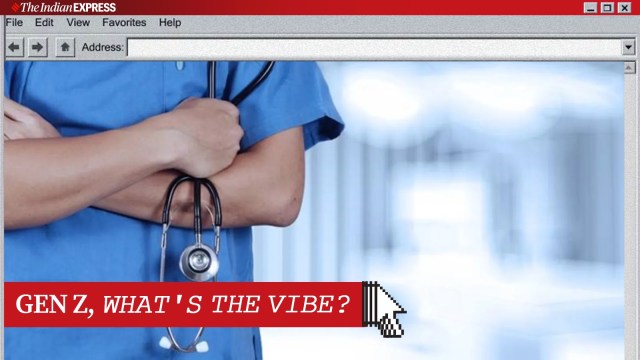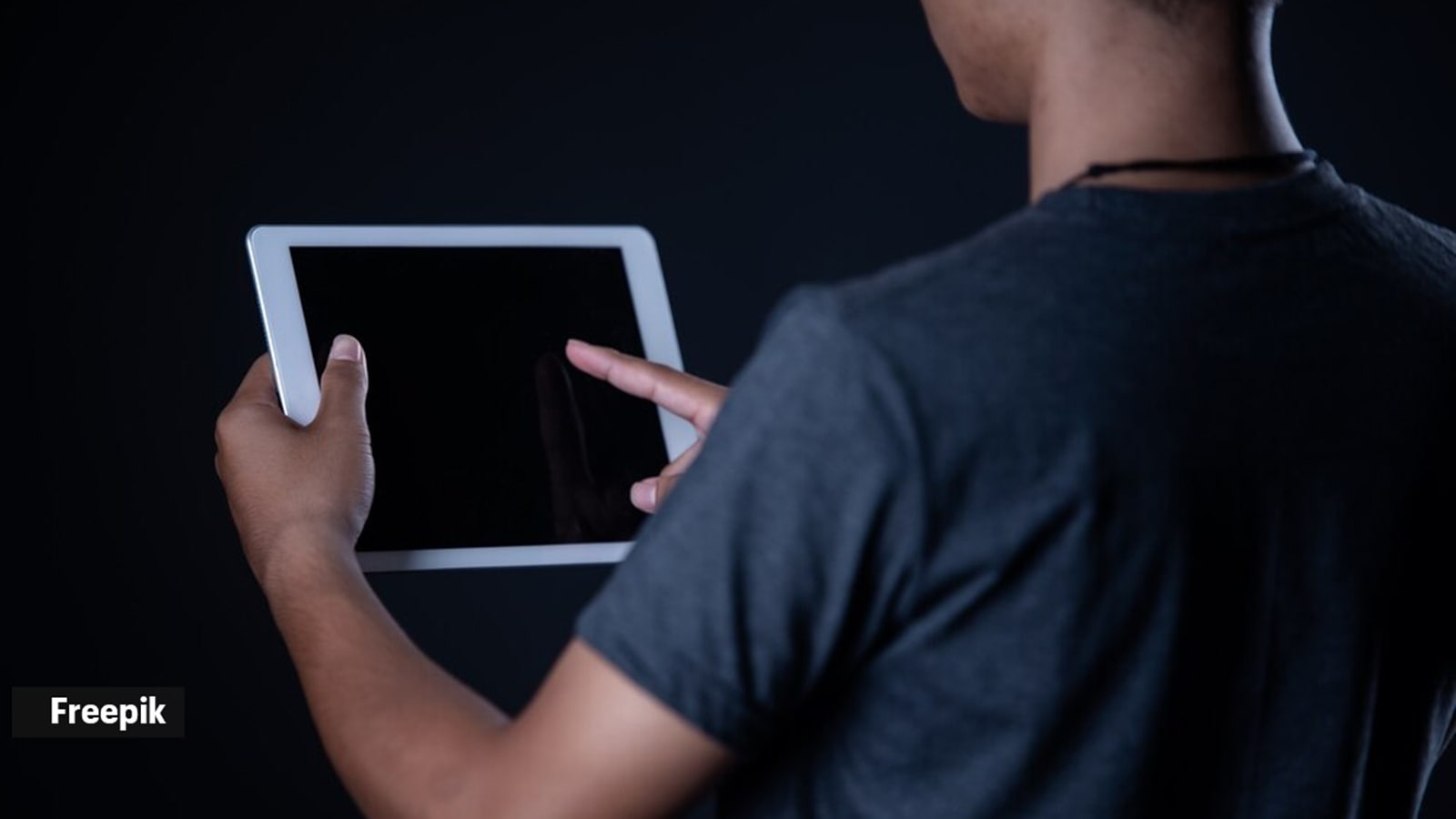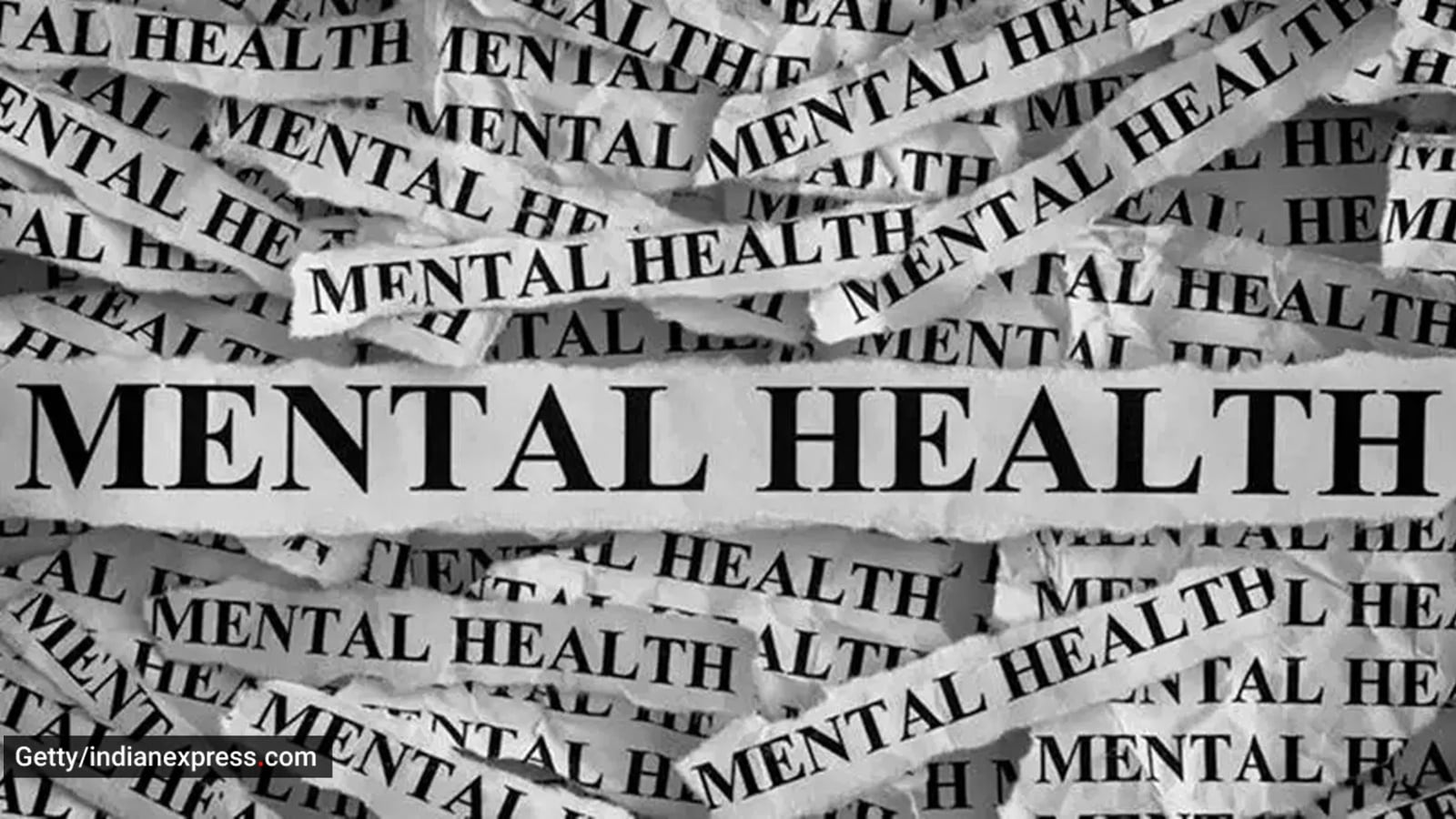
Even social media users believe Gen Z doctors are there to listen, talk, and answer questions, unapologetically. On TikToker @sabocat’s viral video, one user shared: “I had one in urgent care once. My brain went, ‘holy crap, they’re young!’ But she listened to me, answered every question, and even joked when I was embarrassed I hadn’t shaved my legs—she lifted her pant leg and said, ‘girl, same!’”
Another user recalled being treated by a Gen Z obstetrician-gynecologist nurse practitioner who openly joked about her own sex life and handed out Halloween candy and lube samples. Yet another described how their Gen Z dentist extracted wisdom teeth painlessly while humming songs. “I registered with him for all future treatments,” they wrote.
A millennial nurse, too, shared her perspective: “The way Gen Z has empowered me to be more relaxed with patients deserves an award. Still professional, but in a fun way.” Many of the comments pointed to “Gen Z holding the keys to bringing humanity back to the forefront.”
So is this generation really changing how care feels and works? We spoke to Gen Z doctors, seasoned clinicians and healthcare experts to find out.
‘Less command, more compassion’
Dr Sanket Umale, founder of Esperanza Healthcare and born in 1998, said Gen Z doctors are bringing something fresh to healthcare: presence, not just knowledge. “We talk to patients like real people, not just case files,” he said. “It’s less ‘I’m the expert, sit quietly’, and more ‘Hey, let’s figure this out together’.”
Story continues below this ad
He believes this approach accelerates healing. “The first five minutes set the tone. A Gen Z doctor will smile, ask how your day is, maybe reference a previous chat –– that breaks the fear instantly. Healing happens faster when patients feel seen,” he said.
“Less command, more compassion,” is the guiding principle, according to Dr Umale. “We don’t want to act superior. We want to be useful. That’s the kind of care we’re building,” he said.
A digital-native shift
Dr Harmandeep Kaur Randhawa, 25, a DNB medicine trainee from Amritsar, said she believes Gen Z doctors bring a new energy and a mindset rooted in empathy, technology, and collaboration. “We have grown up with instant access to information and that shapes how we practice. For example, we are more likely to utilise digital technology such as electronic medical records (EMR), AI tools for diagnosis, wearables, and virtual consultations. This isn’t only because it is efficient, but because it allows us to maintain virtuous relationships with our patients and offer more individualised care,” said Dr Randhawa.
Aggarwal, the patient, agreed: “Gen Z doctors know their patients are more informed today. They don’t feel threatened. They see patients as partners.”
Story continues below this ad
Dr Tushar Tayal, internal medicine consultant at CK Birla Hospital, Gurgaon, said unlike previous generations who accepted long hours, rigid hierarchies, and had a self-sacrificing approach, Gen Z doctors work smarter. “They embrace tech quickly, but with awareness. They don’t blindly depend on it,” he noted.
According to Dr Jaykishan Tripathi, associate, consultant-pediatric critical care, KIMS Hospitals, Thane, Gen Z doctors’ learning style is also more collaborative. “They question outdated practices not to rebel, but to improve outcomes,” he said. “They value transparency and voice their thoughts, even as newcomers.”
 Digital accessibility is immense (Photo: Freepik)
Digital accessibility is immense (Photo: Freepik)
Emphasis on everyone’s mental health
Dr Randhawa said the shift is from a treatment model to a conversation model. “I believe I create a setting for patients to feel heard, an environment that permits disclosure and vulnerability without feeling judgment. Patients, especially millennials and Gen Z themselves, really appreciate when you walk them through the ‘why’ behind a diagnosis or course of treatment, providing the patient the opportunity for agency and gratitude, and patient trust-compliance.”
Story continues below this ad
There’s also a greater sensitivity to identity and social context. “Respecting pronouns, screening for feelings, these are integral, not add-ons,” said Dr Randhawa.
Dr Prerana Mukhopadhyay, 25, a radiodiagnosis student in Bengaluru, said that Gen Z’s deeper understanding of mental health, especially in LGBTQIA+ contexts, helps them distinguish between organic and functional disorders. “We’re trained to see the whole person, not just a set of symptoms,” he said.
Dr Tayal agreed: “For Gen Z doctors, it’s not just about treating disease, but seeing the human behind it. They care about how patients feel, and they’re open about their own burnout, stress and emotional strain, and not because they’re weaker, but because they believe strength lies in honesty and support, not silence.”
This is supported by an April 2025 report, Gen Z: Calling for Healthcare Connection and Change, by communications agency Burson, which found that 67 per cent of Indian Gen Zs prioritise physical health and 63 per cent rank mental health as a top concern.
Story continues below this ad
Dr Pavitra Shankar, associate psychiatry consultant at Aakash Healthcare, said, “They’re the first generation of doctors openly advocating for mental health days, therapy, and structured breaks, and all of these not as weaknesses, but as strengths. It’s not ‘cool’ anymore to work till you collapse. It’s about quality over quantity.”
Aggarwal said, “They’re as passionate and committed as ever, but they’re not willing to sacrifice everything. They will consciously avoid burnout or excessively long working hours, and strive to strike that right work-life balance.”
While Dr Mukhopadhyay agreed that Gen Zs have a lot to learn from the previous generation’s experience and clinical skills even with limited means, she attributes the change to Gen Z doctors getting into their specialisation at a much earlier age owing to the fast paced-world coupled with the availability of internet and so much database, and the willingness to make choices.
Career paths aren’t linear anymore
Gen Z doctors are exploring non-traditional avenues: digital health, wellness coaching, policy-making, even social media health education.
Story continues below this ad
“Earlier, a doctor’s career meant hospital duty, private practice, maybe a teaching post. Now, it’s a fluid space. And they’re not apologising for it,” said Dr Pavitra.
Aggarwal said, “They’re more money-minded, and not in a bad way. They know their worth. Given the cost of medical education, it’s natural.”
 Here’s what to note (Photo: Getty Images/Thinkstock)
Here’s what to note (Photo: Getty Images/Thinkstock)
Dr Tayal emphasised that doctors need to stay “curious and open-minded”, and be brave enough to speak up for what’s right, and to always treat patients with empathy, not just efficiency. “The hope is that tomorrow’s doctors will think big, not just about the human body, but also about the environment, inequality, and the deeper causes of illness. Most of all, they want the future of medicine to stay human.”
“At times, Gen Z’s approach may seem bold or unconventional. But maybe this is exactly the kind of momentum healthcare needs,” said Dr Tripathi.
Story continues below this ad
Gen Z doctors aren’t running away from responsibilities. “They’re just rethinking how to carry it without losing themselves. They value skill and soul along with authenticity and evidence, and perhaps, that’s what the future of medicine needs most,” said Dr Pavitra.
DISCLAIMER: This article is based on information from the public domain and/or the experts we spoke to.



 Digital accessibility is immense (Photo: Freepik)
Digital accessibility is immense (Photo: Freepik) Here’s what to note (Photo: Getty Images/Thinkstock)
Here’s what to note (Photo: Getty Images/Thinkstock)

























